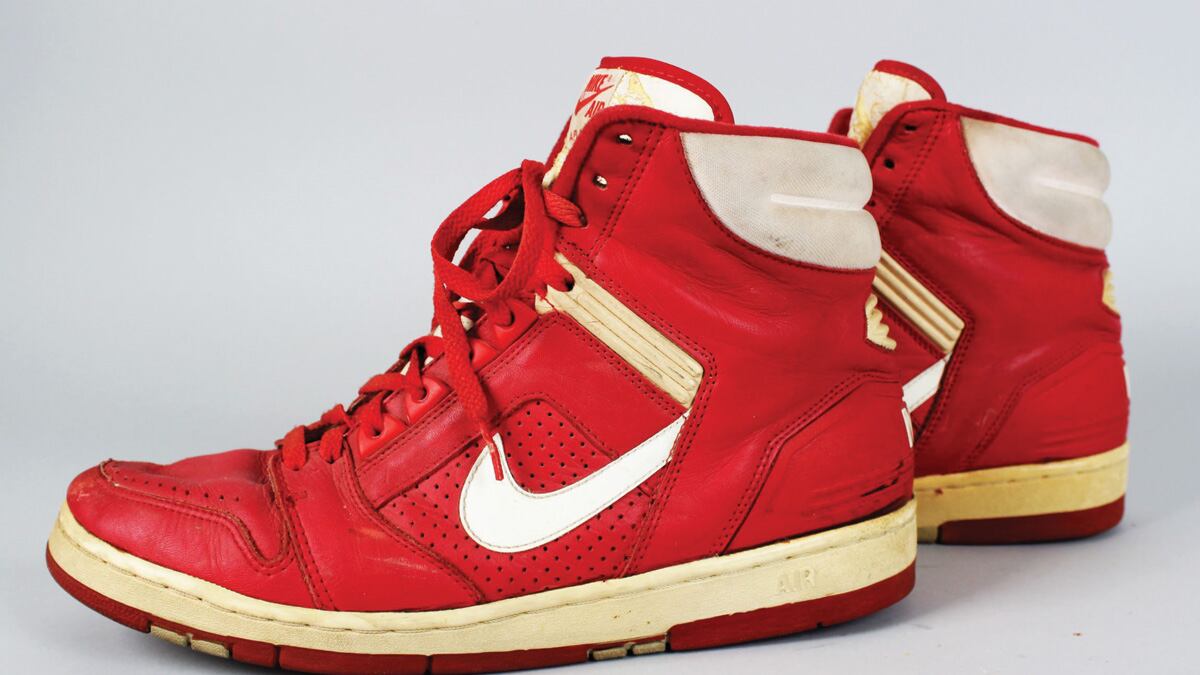State Sen. Brian Boquist (R-Dallas) wants to scotch the unusual deal lawmakers agreed to in 2012 for the benefit of the state's largest homegrown company, Nike.
In December of that year, then Gov. John Kitzhaber called lawmakers into a special session with a single purpose: to respond to Nike's request that the way Oregon taxes the multi-national sportswear giant be locked in place for decades.
States have different approaches to taxing the activities of large corporations that do business across state lines and internationally. Oregon taxes Nike on what's called a "single sales factor" method. Oregon taxes only the company's profits in Oregon, not those earned elsewhere. In 2012, Nike was considering a major expansion and it wanted certainty that its tax treatment would not change.
Despite opposition from some progressives and groups such as the Oregon Center for Public Policy, Kitzhaber and the Legislature gave Nike what it wanted,: a 30-year guarantee for Nike that the single sales factor would remain in effect. (The deal was later extended to Intel, the state's largest private employer.)
Now, as Nike has thrown its weight behind efforts to raise billions in new taxes on Oregon companies, Boquist wants to undo that special session deal.
He's introduced Senate Bill 767 for that purpose.
"Nike and others leading an effort to raise new revenue for schools and youth programs need to lead be example meaning actually pay more of their fair share," Boquist said in an email.
"Asking for small business and working poor to pay more then using a backdoor contract to avoid paying themselves is disingenuous. Maybe the high paid executives promoting wider taxation simply did not know they have a sweet deal the out of the reach of the average working Oregonian. The bill simply allows Nike to help be part of the solution instead of part of the problem."
On Feb. 8, the bill was referred to the Senate Finance and Revenue Committee. It may get a public hearing there, since Boquist is a member of that committee.
But, given that Nike is working closely with public employee unions and Democratic leadership on proposed tax measures, the bill is unlikely to get much oxygen.
Nike did not respond to a request for comment.
